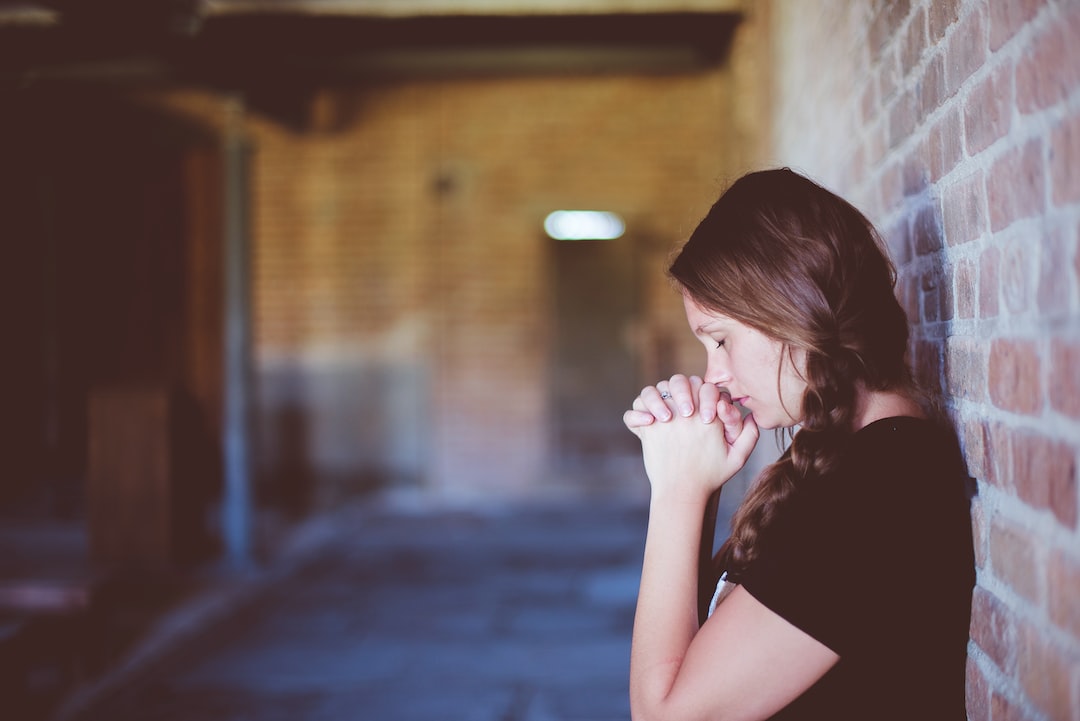The Role of Faith in Navigating Grief and Loss
Grief and loss are inevitable parts of the human experience. At some point in our lives, we will all face the heart-wrenching pain of losing a loved one, a pet, or even a cherished dream. These moments of sorrow can leave us feeling lost, overwhelmed, and questioning the meaning of life. However, for many individuals, faith can play a significant role in helping them navigate through their grief and find solace in the midst of their pain.
Faith offers a framework for understanding and accepting the concept of loss. When confronted with grief, it is common to question why such tragedy has befallen us. It is during these moments that faith steps in to offer solace and a sense of purpose. It can provide answers, or at least provide a belief system that reminds us that loss is a part of a larger plan or divine order. Faith can help individuals find meaning in their suffering, offering a comforting perspective that life’s trials and tribulations are part of a greater purpose.
One of the most powerful aspects of faith in times of grief is the notion of hope. When our hearts are heavy with the burden of loss, faith provides a glimmer of hope that there is something beyond our pain. It reminds us that although our loved ones may be physically gone, they live on in our hearts and in the spiritual realm. Faith instills the belief that we will one day be reunited with them, fostering a sense of hope and comfort in the midst of despair. This hope can sustain us through the darkest days, giving us strength to continue on our journey of healing.
Moreover, faith offers a source of support and community during times of grief. Many religious and spiritual traditions have established rituals and practices specifically designed to help individuals navigate grief. These rituals—such as funerals, memorial services, or prayer gatherings—bring people together to collectively mourn and find solace. They provide a sense of belonging and remind us that we are not alone in our pain. The support of a faith community can be enormously helpful in processing grief, as it creates a safe space for individuals to express their emotions and receive comfort and encouragement from those who share their beliefs.
Faith also provides a framework for expressing and processing complex emotions. Grief is a multifaceted experience that can encompass a range of emotions, including sadness, anger, guilt, and even relief. Faith encourages individuals to express these emotions honestly, knowing that their faith community will accept and support them throughout the grieving process. Many religious texts and traditions contain examples of individuals who have grappled with loss and experienced intense emotions, thus providing a relatable and empathetic context for those undergoing grief.
In addition to emotional support, faith can also offer practical guidance for navigating grief. Various religious and spiritual practices emphasize the importance of self-care during times of sorrow. Prayer, meditation, and devotional readings can provide individuals with a sense of peace and calm amidst their grief. These practices can also help individuals connect with their inner selves and with a higher power, fostering a sense of healing and renewal. Furthermore, faith can provide individuals with a moral compass, guiding them towards acts of kindness, forgiveness, and gratitude even in the face of immense pain.
However, it is important to acknowledge that faith is not a one-size-fits-all solution to grief and loss. Each individual’s journey of healing is unique, and what brings solace to one person may not have the same effect on another. It is crucial to respect and honor different belief systems, allowing each person to find their own path towards healing.
In conclusion, faith plays a vital role in navigating grief and loss. It offers a framework for understanding and accepting the concept of loss, provides a sense of hope and purpose, creates a supportive community, and assists in the expression and processing of complex emotions. While faith may not be a universal solution, it can be a powerful tool for finding solace and strength in the midst of our darkest moments.
